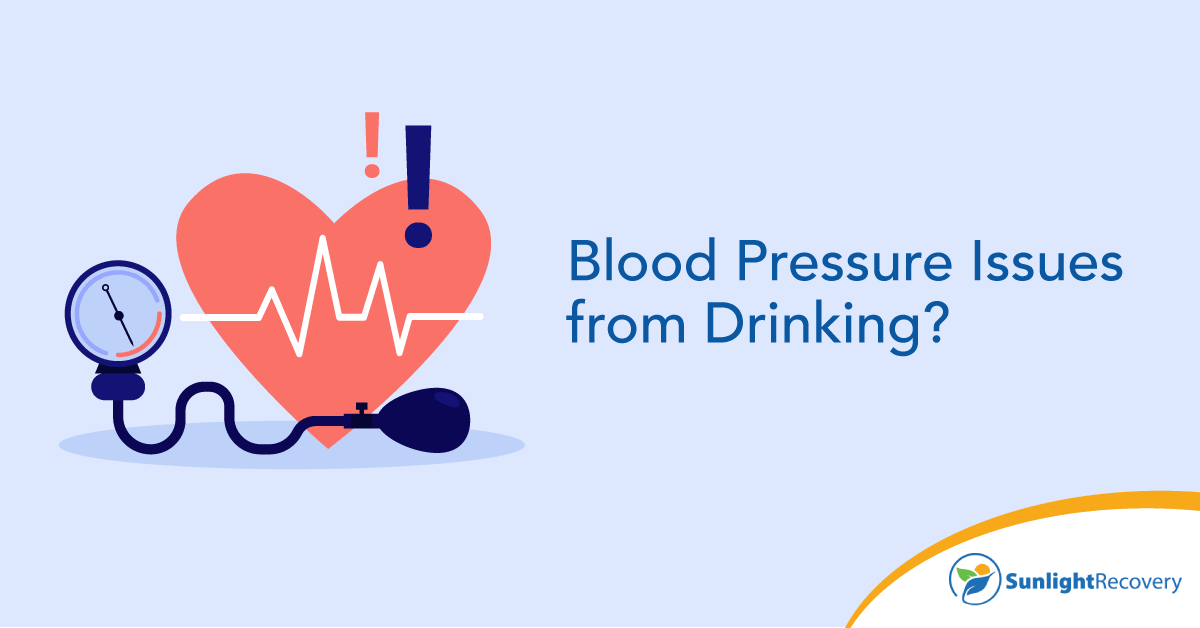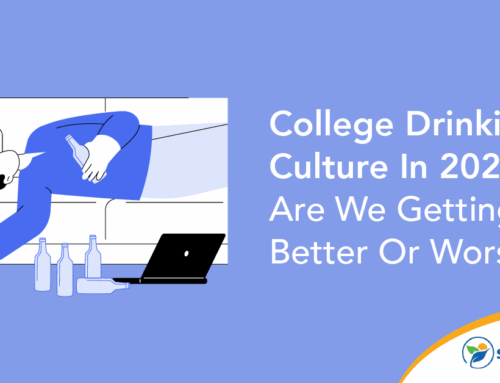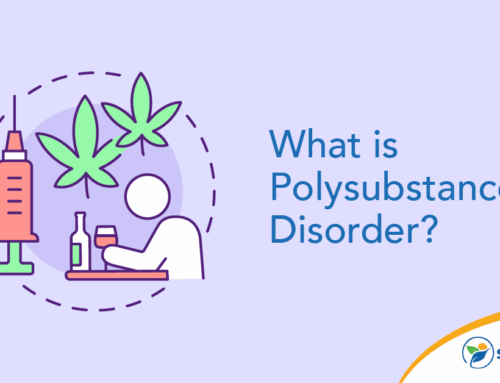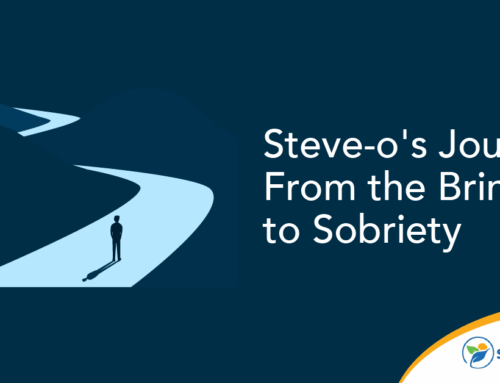High blood pressure is a common but serious health issue that can be exacerbated by certain lifestyle choices, such as being sedentary. Does alcohol raise blood pressure? Can you manage high blood pressure if you have it? We’re here to answer those questions and many more about your health.
Understanding the Link Between Alcohol and Blood Pressure
Drinking alcohol can have several negative effects on your health, and the effects are more pronounced the more you drink. Does alcohol raise blood pressure? It can, especially if you drink more than three standard drinks in one sitting. If you drink only occasionally, the impact will be temporary, but regular binge drinking can have a long-term effect.
It’s only been in the last 100 years or so that we’ve come to understand the relationship between alcohol and blood pressure. Because drinking makes people feel relaxed, alcoholic drinks were historically thought of as being medicinal. Unfortunately, the short-term buzz that comes from drinking conceals some harmful long-term effects.
Does Alcohol Raise Blood Pressure If You Only Drink Occasionally?
In the short term, drinking more than three 355ml bottles of beer or 5-ounce servings of wine can lead to an increase in heart rate. If you already have high blood pressure or cardiovascular disease, this increase in blood pressure could put you at risk for other more serious health conditions, such as a stroke.
The mechanism by which alcohol raises blood pressure isn’t fully understood. One theory is that alcohol stimulates the adrenal glands, causing an elevated heart rate and increasing systolic blood pressure. Whatever the cause, this increase is short-term, and in otherwise healthy individuals who only occasionally drink, things should return to normal once the alcohol has left the body.
The Long-Term Health Risks of Alcohol and High Blood Pressure
But what about long-term drinking? Does alcohol raise blood pressure if you only drink in moderation but do so over long periods? According to the American Heart Association, the answer is yes. Even people who drink just one alcoholic beverage per day show signs of higher blood pressure than nondrinkers.
An analysis of seven international studies found that people who drink regularly, whether at a low or high level, have higher blood pressure and are at a greater risk of cardiovascular events.
High blood pressure can increase your risk of several serious medical conditions, including:
- Stroke
- Heart disease
- Vascular dementia
- Kidney disease
Many people with high blood pressure go through life unaware that they have it until it causes problems. Leading a healthy lifestyle and reducing your alcohol intake is a simple but effective way of reducing your risk of developing this condition. Think of lifestyle changes as a form of preventive health care that could save you time and money by helping you avoid the need to take prescription medications and attend regular doctor’s appointments to keep your heart rate under control.
Tips for Managing Blood Pressure
If you’re worried about your long-term health, some simple things you can do to help protect your cardiovascular system include:
- Reduce your alcohol intake. CDC guidelines recommend no more than two drinks per day for men and one drink per day for women. Keep in mind that there’s no “safe” or “protective” level of alcohol consumption. The closer to zero your alcohol intake is, the better.
- Get regular exercise. Aim for 150-300 minutes of moderate aerobic activity per week, including some muscle-strengthening exercises, to protect your long-term health. Even going for a walk can have a protective effect on your heart health. If you struggle with walking or jogging, swimming is a good cardiovascular exercise that’s easy on the joints.
- If you’re overweight, try to lose weight. Slow but sustainable weight loss can greatly improve your health if you’re overweight. Avoid crash dieting and practice portion control instead, aiming to eat a diet rich in protein, fiber and fruits and vegetables.
- Reduce your salt intake. A diet with a lot of processed foods that are high in salt can make high blood pressure worse. Where possible, try to eat whole foods, and don’t add salt to your meals.
- Practice mindfulness or meditation. Stress causes your body to release hormones such as adrenaline, which can increase your blood pressure. If you’re feeling stressed a lot, look into ways to manage that stress.
If you’ve been diagnosed with high blood pressure, your primary care physician will advise you as to whether you need to take medication to manage it and will give you personalized advice about lifestyle changes based on your circumstances. Seek advice from your physician before making any major changes to your lifestyle, especially if you have any preexisting medical conditions that changes to your diet or exercise routine could impact.
Seeking Medical Help and Lifestyle Changes
If you’ve been struggling with alcohol addiction for a long time and you’re worried about your risk of high blood pressure, stroke or cardiovascular disease, know that help is available. The sooner you stop drinking and start making positive lifestyle changes, the greater your chances of recovery.
It’s possible to manage high blood pressure with medication, and over time, eating a healthy diet, losing weight and getting active can undo a lot of damage caused by years of a less healthy lifestyle. Be thankful for an early diagnosis, and use the knowledge you’ve been given to take care of yourself in the future.
Stop Drinking and Take Back Control of Your Health
The link between alcohol and blood pressure is clear, but if you stop drinking and start exercising and following a healthy diet, you can reverse many of the harmful effects of alcohol. The early days of any lifestyle change can be challenging, but over time, you’ll feel better and turn those positive changes into long-term habits.
Contact Sunlight Recovery today to book a consultation with one of our skilled counselors, and take the first steps toward taking back control of your well-being.







